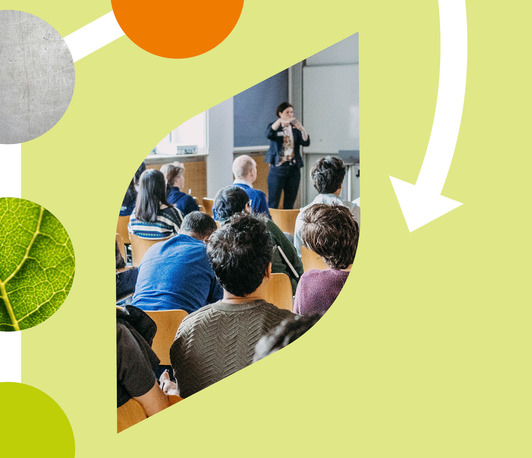Challenges and Perspectives for the Development of High Temperature Materials
Colloquia Series on Sustainable Metallurgy
- Date: Oct 21, 2025
- Time: 04:00 PM - 05:00 PM (Local Time Germany)
- Speaker: Prof. Alexander Kauffmann, Materials Science and Engineering, Ruhr University Bochum
- Location: Max Planck Institute for Sustaianble Materials
- Room: Hybrid / Large Seminar Room No. 203
- Host: Prof. Erik Bitzek
- Topic: Lectures

Speaker: Prof. Alexander Kauffmann
Host: on invitation of Prof. Erik Bitzek
Despite
the rapid advancement of renewable energy sources, enhancing the efficiency of
energy conversion from fossil or synthetic fuels remains crucial for achieving
climate goals, as some technologies—such as aircraft propulsion—may not
transition to full electric power within the next few decades. Consequently,
further efficiency improvements are necessary, for instance, through enhanced
high-temperature capabilities. Although refractory element-based alloys have
long been considered promising candidates to overcome the limitations of
Ni-based superalloys, fundamental barriers to their application have often not
been addressed in materials development.
This presentation will discuss recent advancements in addressing the most challenging barriers to the application of refractory metals and alloys: catastrophic oxidation and limited ductility. As these aspects are related to fundamental mechanisms operating at different length scales, their prediction through simulations remains elusive. Therefore, materials development relies on metallurgical design strategies and experiments. Over the past decade, phase and microstructure design have enabled the suppression of critical volatile or voluminous oxide formation by strategically selecting and distributing passivating elements to protect the alloys effectively. While these materials exhibit in some cases impressive oxidation resistance, they often lack sufficient ductility. Recently, this challenge has been addressed through the successful synthesis of ternary Cr-Mo-Si solid solutions that combine high strength, decent oxidation/nitridation resistance, and compression ductility. This achievement is attributed to the unexpected activation of deformation twinning alongside dislocation-mediated plasticity over a broad temperature range.
The presentation will introduce relevant strategies to protect refractory element-based alloys from catastrophic and high-temperature oxidation, culminating in the recent observation of oxidation-resistant solid solutions that exhibit unusual deformation mechanisms. The sustainability of these novel alloys will briefly be assessed.
After working at the Leibniz Institute for Solid State and Materials Research Dresden and the Karlsruhe Institute of Technology (KIT), Professor Kaufmann received an assignment at the Ruhr University this year. In 2024, the German Materials Research Society awarded him the Masing Memorial Prize.
Registration: https://plan.events.mpg.de/event/586/
The colloquia series is organized by of the International Max Planck Research School on Sustainable Metallurgy (IMPRS SusMet)